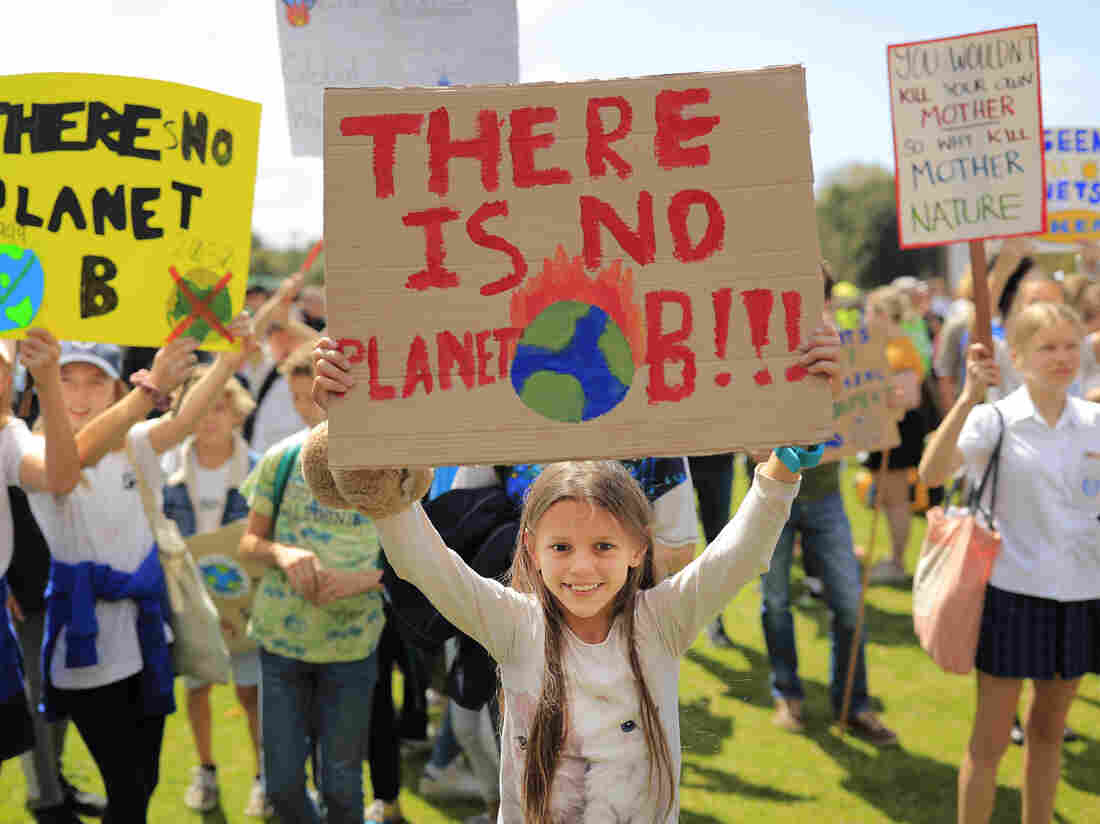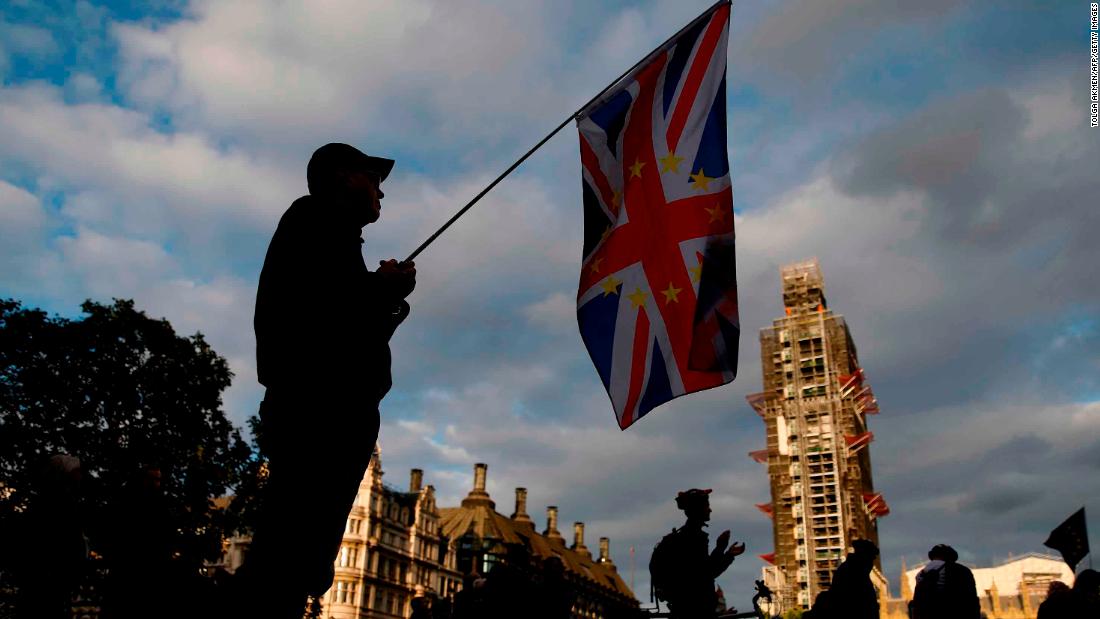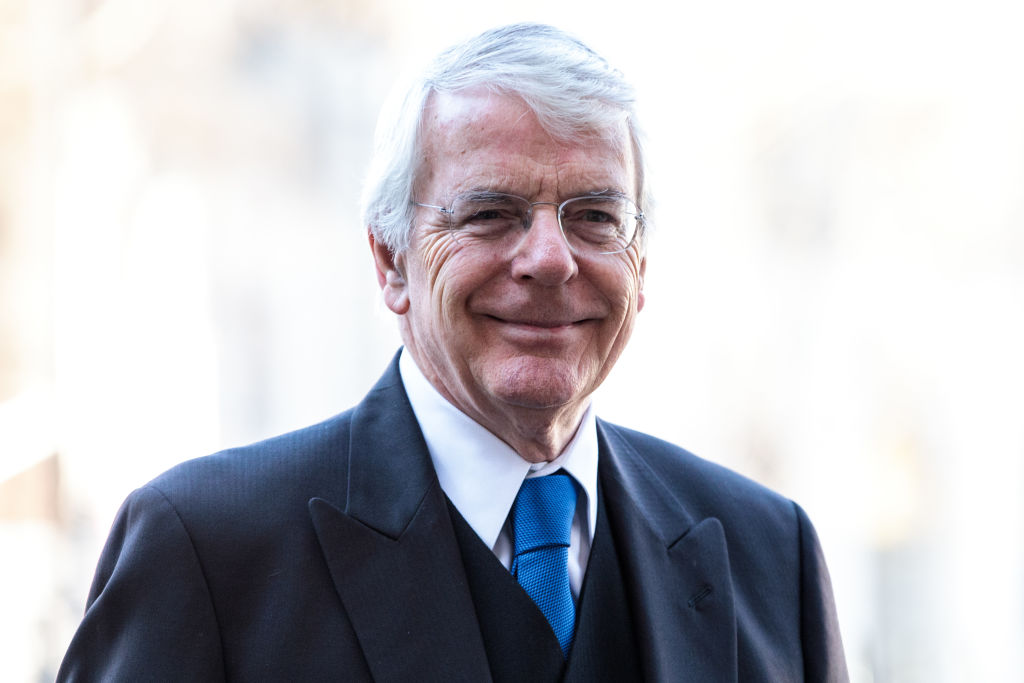LONDON — Millions of people are expected to join demonstrations demanding action on climate change in scores of cities around the world on Friday, including in hotbeds of the environmental movement such as London, New York, San Francisco and Seattle.
Australia saw some of the first protests kick off Friday morning with organizers estimating that upwards of 300,000 students and workers filled the streets of Melbourne, Sydney and other cities across the country.
Many groups are involved in organizing the strikes including schoolchildren, trade unions, environmental groups and employees at large tech companies such as Amazon and Google, and their demands are all similar: reducing the use of fossil fuels to try to halt climate change.
“The climate crisis is an emergency — we want everyone to start acting like it. We demand climate justice for everyone,” organizers said on one website dedicated to Friday’s protests, which said there was action planned in more than 150 countries.
A coalition of environmental groups, youth organizations, unions and others using the hashtag #strikewithus have demanded passage of a “Green New Deal.”
The demonstrations are timed to nearly coincide with Monday’s U.N. Climate Summit in New York, where United Nations Secretary-General Antonio Guterres has said that he wants to see governments and businesses pledge to abandon fossil fuels. “We are losing the fight against climate change,” he said at a news conference on Wednesday, according to Reuters.
New York City’s 1.1 million public school students were told they would be allowed to skip class to participate in the climate protests, and the city’s education department applauded students for “raising their voices.”
Fridays for Future began as a weekly demonstration by Swedish teenager Greta Thunberg in August 2018 but has since spread to more than 150 countries. Ahead of the United Nations climate action summit in New York on Monday, the movement aimed to hold the largest climate strike in history with thousands of people rallying outside parliaments and blocking roadways to call on world leaders to prevent ecological collapse.
"If we don't take action now... it won't be a certain amount of people who will suffer, it will be everyone on this planet," said activist Al Shadjareh, 16, in London.
Shadjareh and his peers point to warnings from scientists, including an Intergovernmental Panel on Climate Change report from last year, that forecast severe consequences for the environment and human life if global temperatures rise more than 2.7 degrees.
Extreme weather events saw deadly heatwaves in Europe and the United States, "unprecedented" wildfires in the Arctic and a catastrophic hurricane that pounded the Bahamas.
More than 2,300 companies around the globe from a variety of industries including law, tourism and technology have joined the Not Business As Usual alliance and pledged to support their workers to strike with students on Sept. 20.
"We recognize that all of us have a responsibility to do everything that we can to mitigate the impact of climate change," said Kirsten Hunter, managing director with the Australian ethical pension fund Future Super, that founded the alliance.
Global brands including Ben & Jerry’s and Lush announced they would be closing their stores on the day of the protest.
Thousands of tech workers say they are planning to join the protests in the middle of their workdays, showing a renewed level of political activism in Silicon Valley where software engineers and other employees traditionally haven’t spoken up in public against their bosses.
Amazon Employees for Climate Justice said it expected more than 1,600 employees would walk off their job sites to protest what they called the company’s lack of action in addressing the climate crisis. It will be the first strike at Amazon’s Seattle headquarters in the company’s 25-year history, according to Wired magazine.
On Thursday, Amazon CEO Jeff Bezos offered a prebuttal to the strike, pledging that the retail giant would get 80 percent of its energy from renewable sources by 2024, up from 40 percent now.
“The global strike tomorrow, I think it’s totally understandable,” Bezos said at an event in Washington, D.C. “We don’t want this to be the tragedy of the commons. We all have to work together on this.”
But he said he would not meet all the employees’ demands, such as one demand that Amazon end cloud-computing contracts with fossil fuel companies.
Google Workers for Action on Climate said some 800 employees of the search engine company would join the strike, nearly a year after employees in Google offices around the world staged a walkout to protest the company’s handling of sexual misconduct by senior executives.
https://www.nbcnews.com/news/world/global-climate-strike-protests-expected-draw-millions-n1056231
2019-09-20 08:34:00Z
52780387625094




